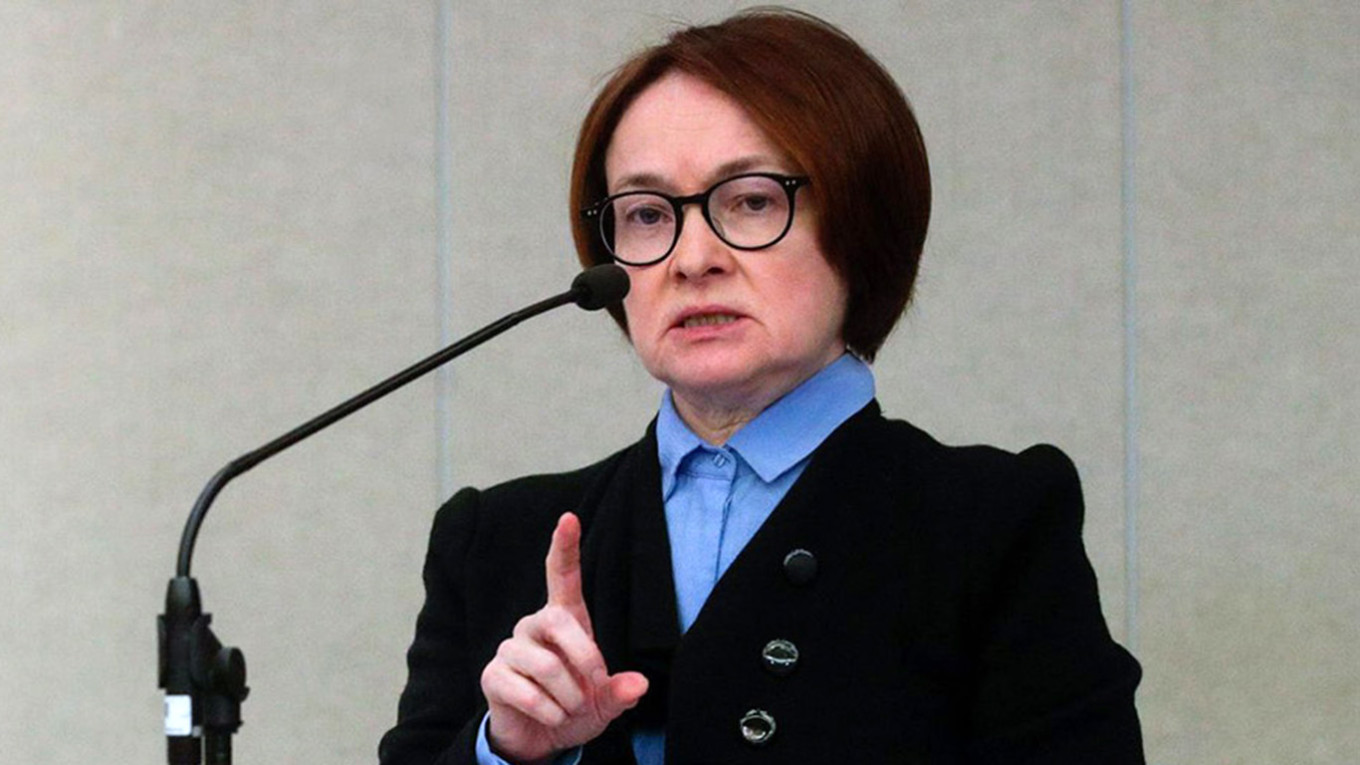On Friday, Russia’s Central Bank decided to keep its key interest rate at 21%, a record high, despite rising alarm from businesses and financial institutions regarding a potential economic slowdown.
In recent months, inflation has escalated in Russia, largely due to significant government expenditure related to the ongoing conflict in Ukraine and severe labor shortages.
The elevated interest rates are exerting growing strain on companies, with prominent business leaders calling for a relaxation of the monetary policy.
In its announcement regarding the interest rate decision, the Central Bank recognized that lending activity is still “subdued,” but emphasized that the current annual inflation rate, which is over 10%, is too high to warrant a reduction in rates.
While the central bank aims for an inflation target of 4%, it does not anticipate achieving this goal until 2026, with average inflation expected to hover around 7–8% in 2025.
“The Bank of Russia will keep monetary conditions as stringent as needed to bring inflation back to the target by 2026,” the bank stated.
During a video conference with Central Bank Governor Elvira Nabiullina and other top officials on Thursday, President Vladimir Putin acknowledged the high inflation and projected that economic growth in 2025 would be “somewhat lower,” referring to the desired outcome as a “soft landing” that the nation is “pursuing.”
For months, economists have been warning of an impending economic downturn, pointing to decreasing oil prices, sluggish industrial productivity, and the burdens of high interest rates.
In a research note from March, Raiffeisenbank Russia indicated that confidence in the manufacturing sector had “considerably declined” recently, with oil output also witnessing a reduction.
Russia’s economy experienced robust growth in 2024, mainly fueled by soaring defense expenditures, which are expected to increase by nearly 30% again in the coming year.
However, analysts caution that growth driven by wartime spending is not sustainable and does little to enhance actual productivity. Some also express doubts about the effectiveness of interest rate increases in controlling inflation, considering that much of the current expenditure is state-led and less responsive to interest rate changes.

